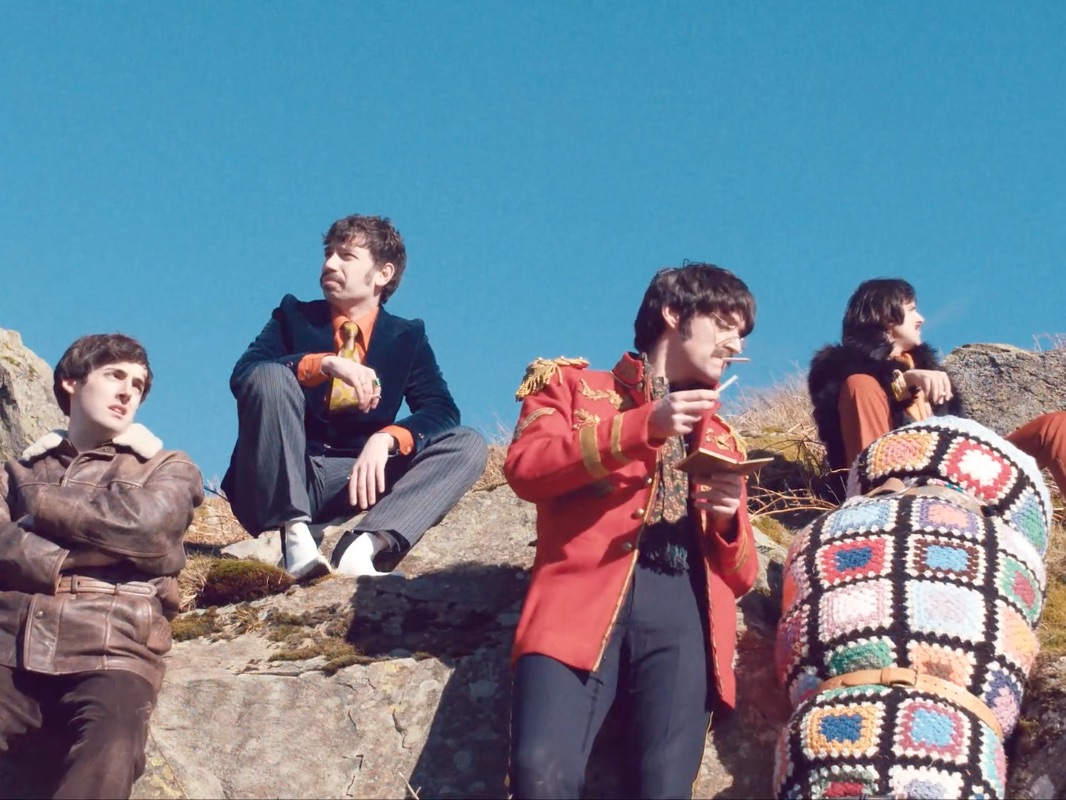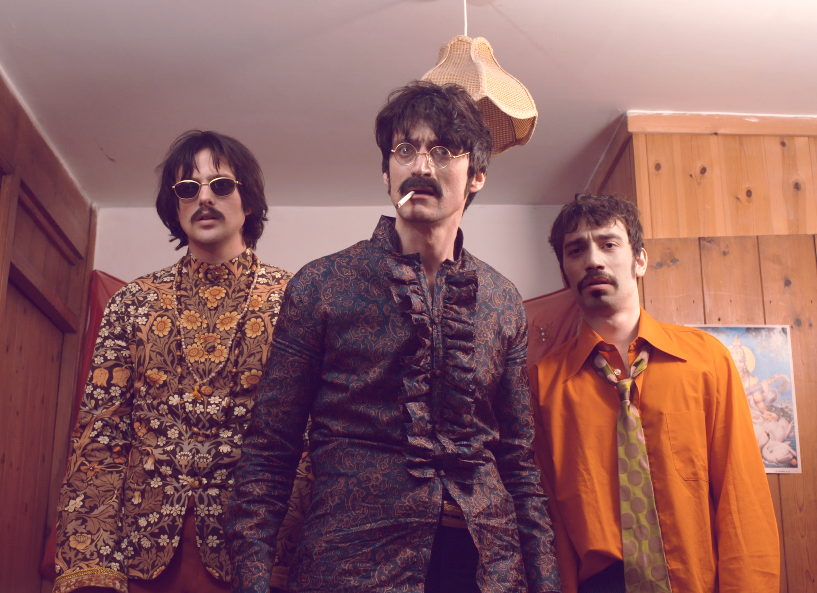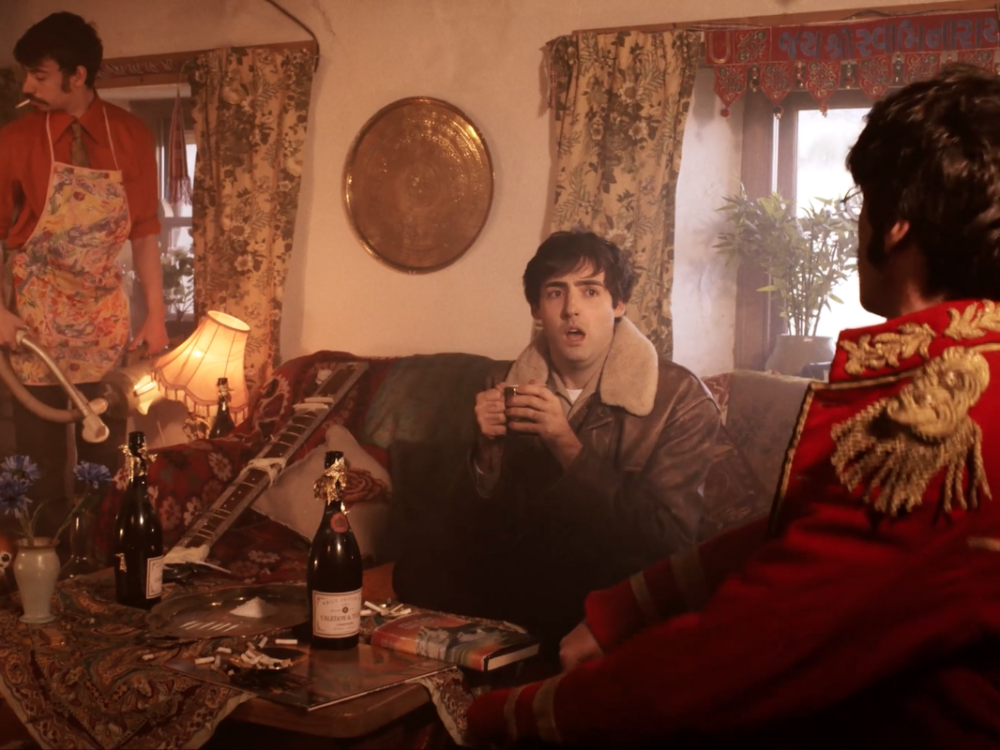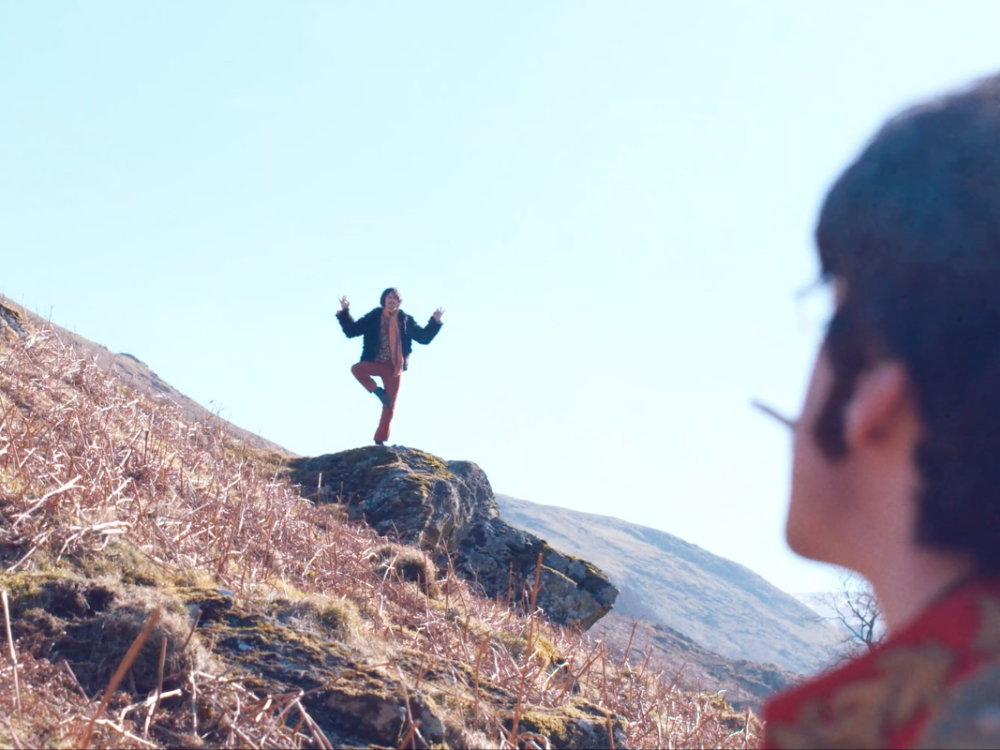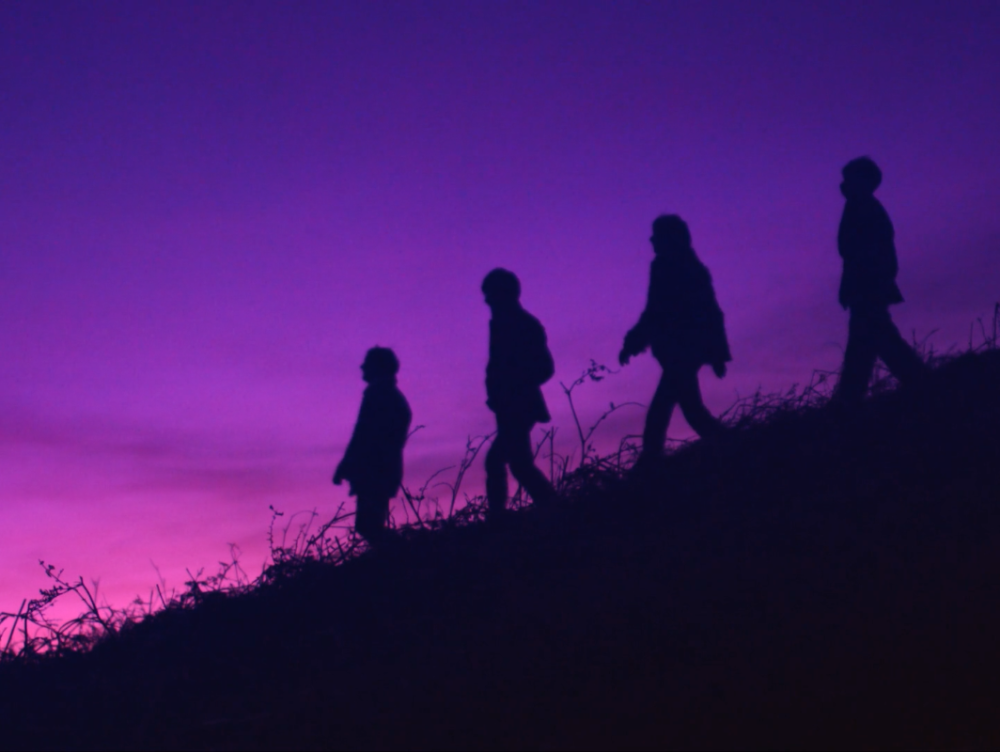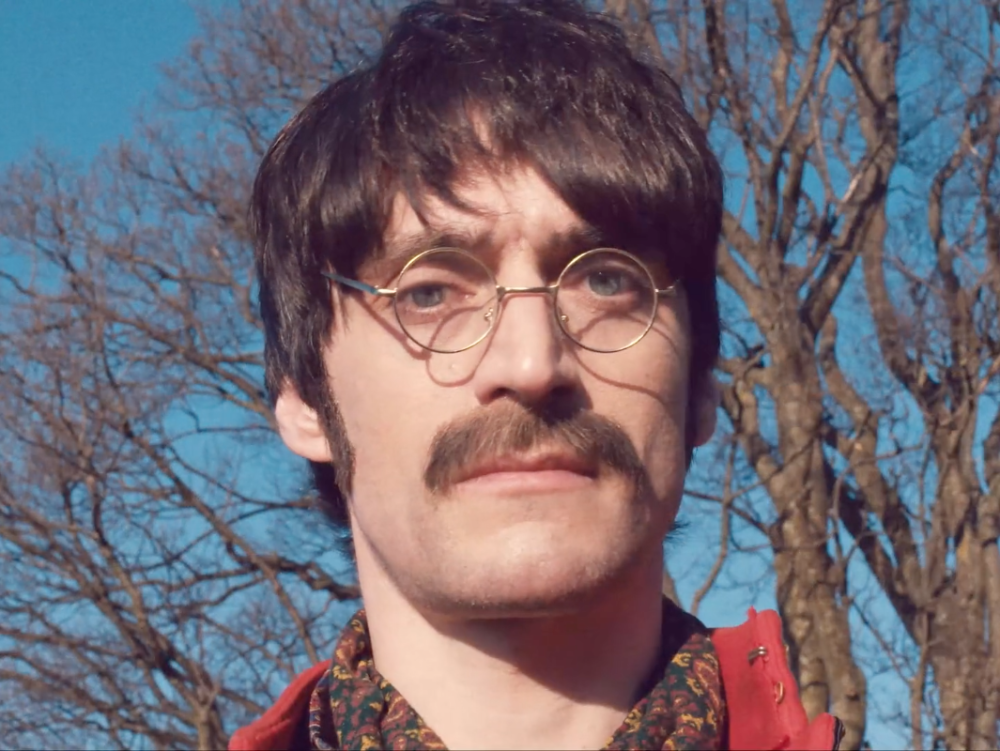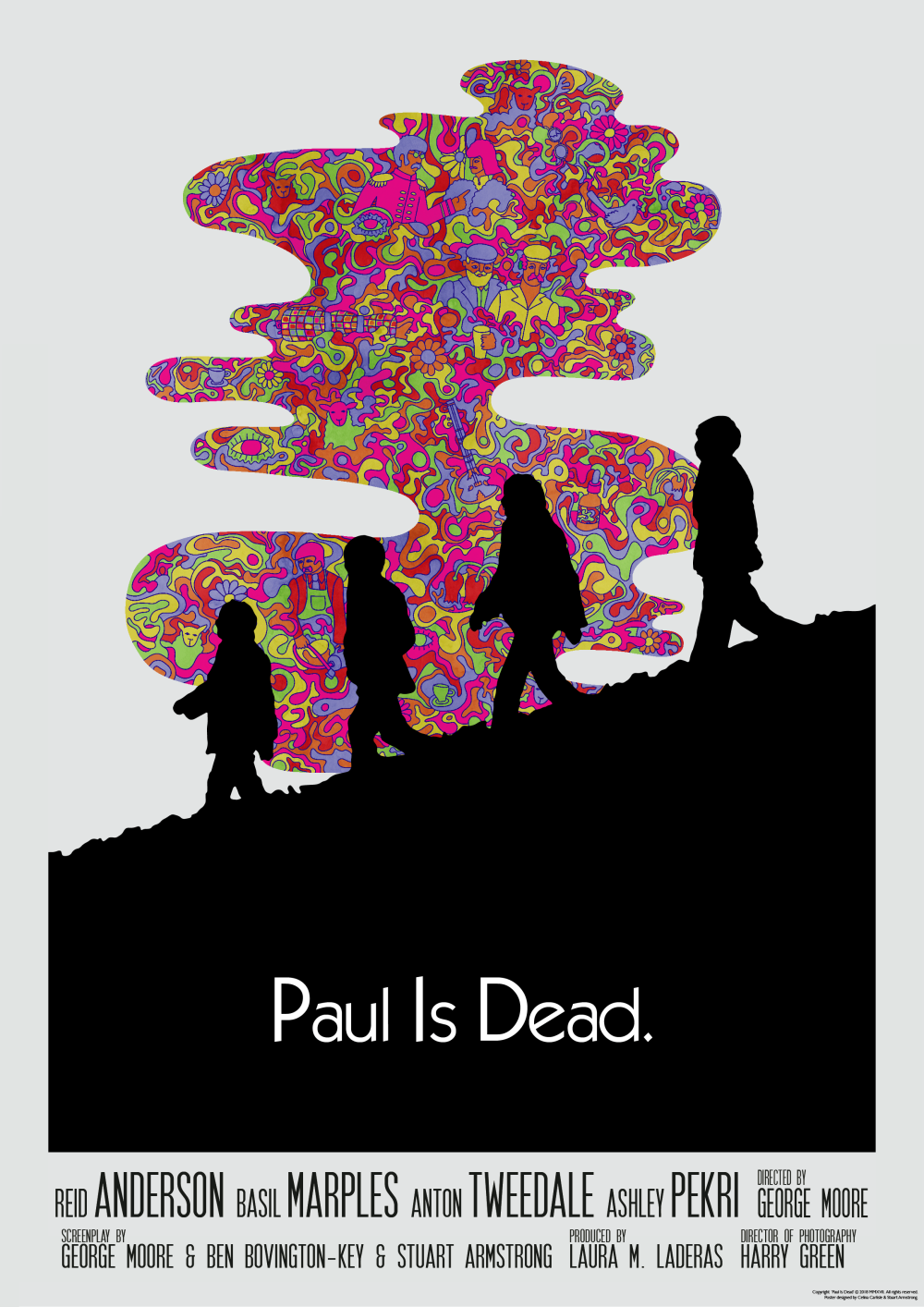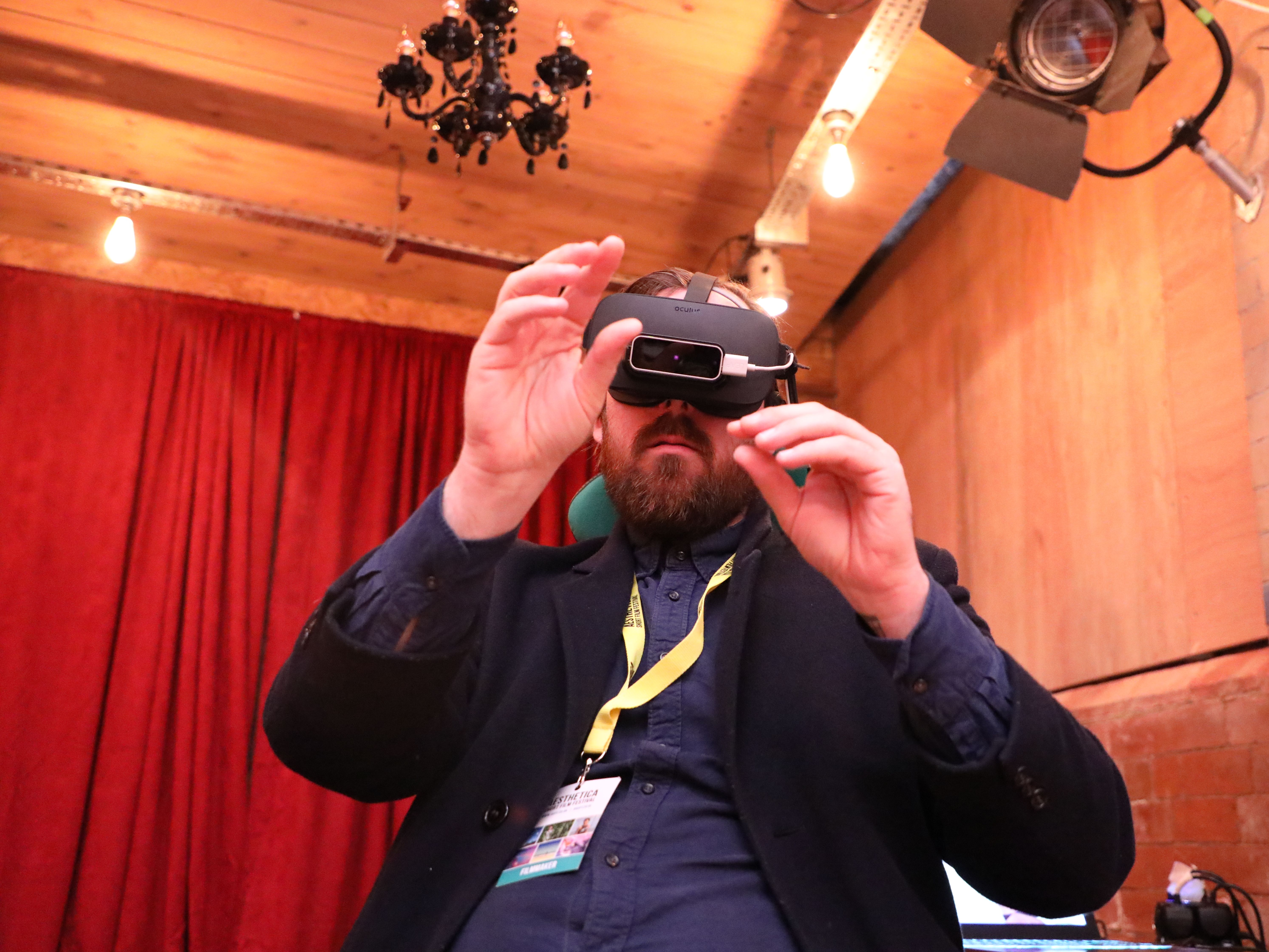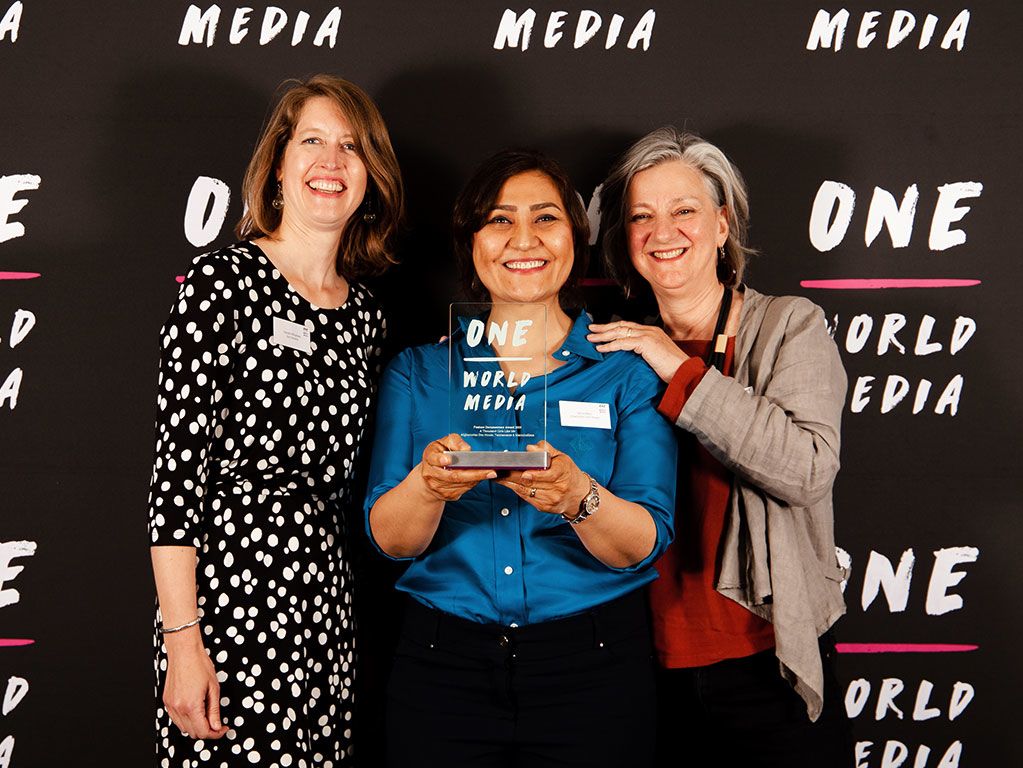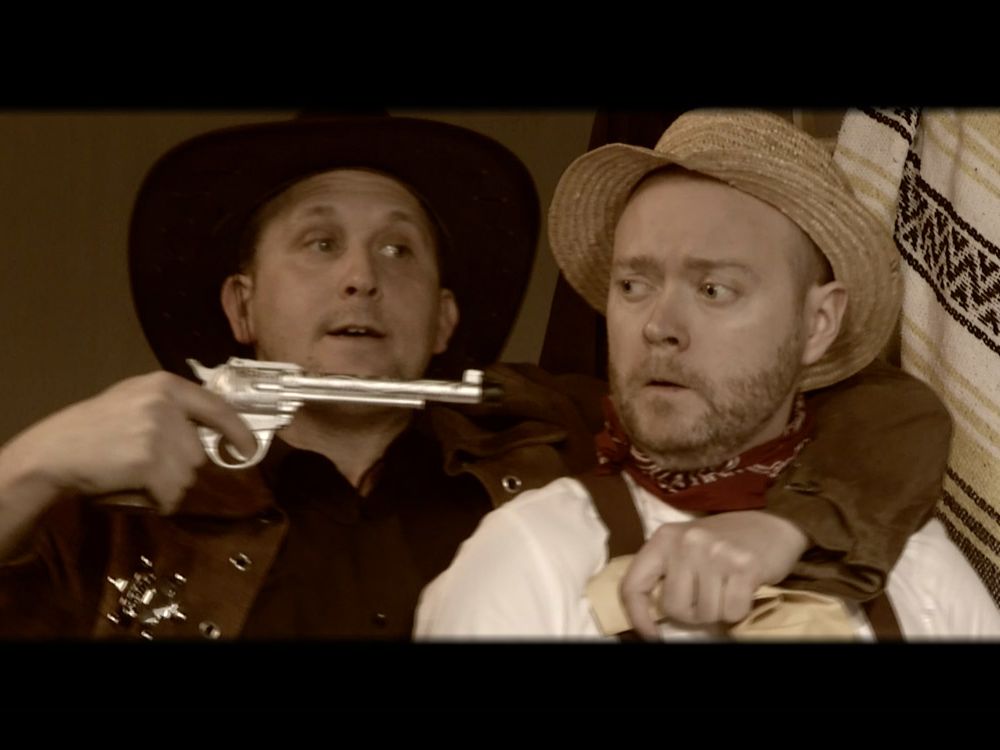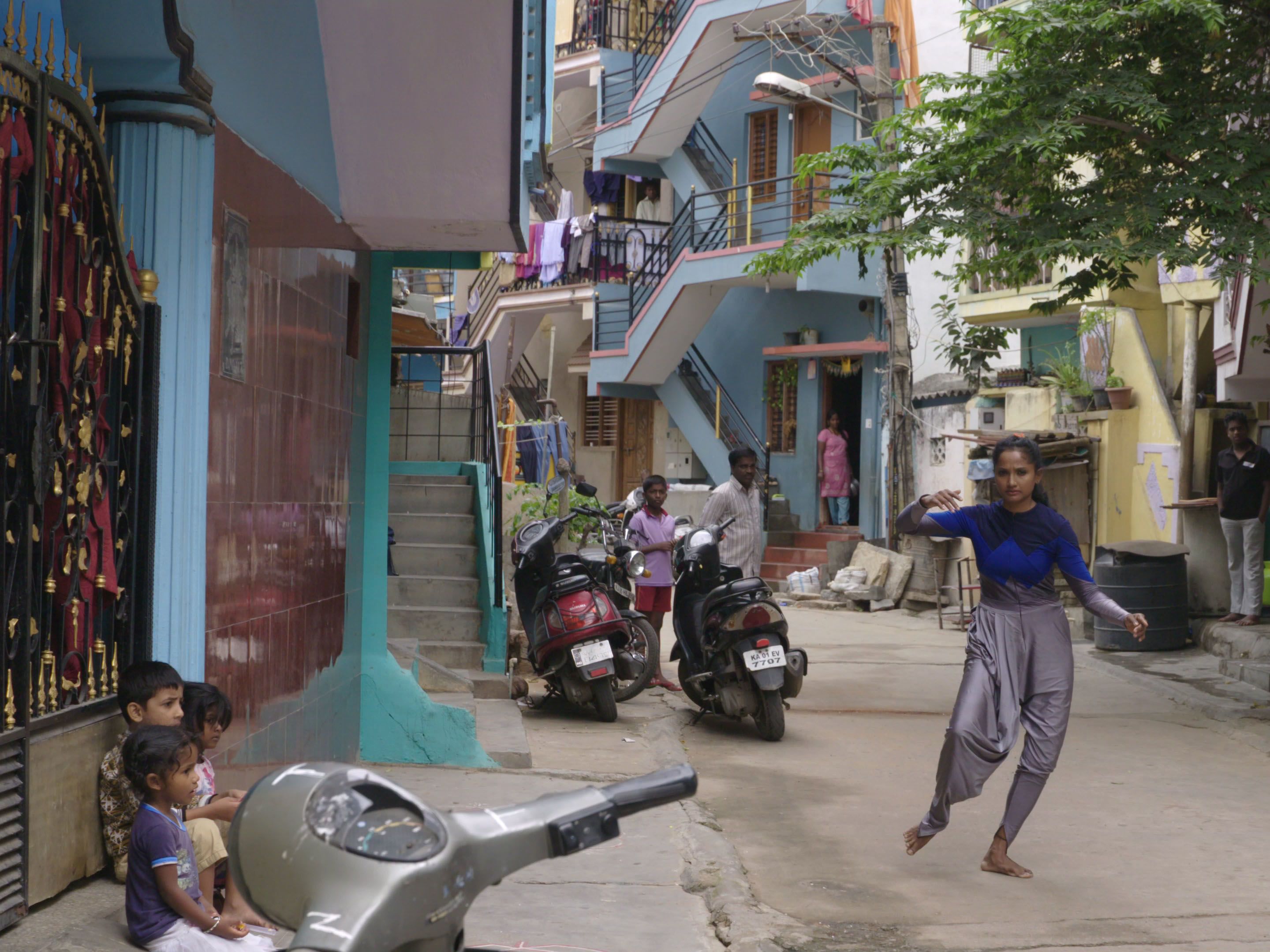London College of Communication graduate Harry Green has won a number of prestigious awards for his collaborative Degree Shows film ‘Paul is Dead’
Harry, who studied BA (Hons) Film Practice, won Best Camera Work in the Craft Award category at the Royal Televisions Society (RTS) Student Awards 2019, and Best Comedy Award, as part of the team that produced the film, at the Paleochora Lost World Short Film Festival.
'Paul is Dead' has also made the long-list for the prestigious 2019 BIFA Best Short Film award, supported by BFI NETWORK.
Harry’s winning entry follows a story set in the Lake District in 1967 of bandmates John, George and Ringo dealing with the death of the late-Paul who dies at a musical retreat. In their pursuit of preventing the band from falling apart they try to convince Billy Shears to join their band while facing their own inner conflicts.
RTS Awards 2019 was hosted by Julia Hardy at Channel 4, the sponsors of the event. The annual event celebrates the nominations for the London Region Student Televisions Awards featuring the best of animation, factual, comedy, entertainment, news, short feature, and drama.
As for the Paleochora Lost World Short Film Festival, the programme of short films played both day and night made the 5-day event a success beyond all expectations. Paleochora is famed for its laid back, chilled out charm and the LWSFF event reflects these qualities as well as presenting a premium standard International Short Film Festival.
The talented members of the crew that produced the short-film are Harry, as the Director of Photography, George Moore, as the writer and director, Laura Martin, as the producer; and Stuart Armstrong,as the writer and production designer.
We caught up with Harry to find out more about his film and his time at LCC...
Could you briefly summarise the plot of Paul is Dead?
The Lake District, 1967. Hungover and at each other’s throats, John, George and Ringo must convince Billy Shears, a sheepish rural lookalike, to join their band after Paul dies during an experimental-drug filled musical retreat.
Braving a perilous mountain hike to bury Paul at the summit, they each must face up to their own inner conflicts and calamitous personal shortcomings if they are going to make it through the journey and stop the band from falling apart.
How did the story of Paul is Dead come about?
In Summer 2017 I was in a cab home with George, our Director, and Ben, one of the writers. I remember them sitting in the back seat, and Ben told George about this bizarre conspiracy that Paul McCartney had died in a car crash back in 1966. I remember George off-handedly saying ‘that would make a really funny film.’
Little did I know that a few months later they’d have a full script and we’d be planning shot lists and storyboards. I don’t think any of us expected to be making our grad film about the Beatles but it was such an interesting development process. We got through dozens of drafts and there was a constant stream of new ideas going into the film, right up until we were on set.
What was a highlight during filming?
The cast were great to spend time with, both on set and after shooting. They all ended up being really musically talented - the credit song in the film was actually written and performed by Reid (John) and Anton (Paul/Billy). There were just some magical moments when they’d sit down and start playing songs - it was like being with the real guys.
Another personal favourite is the shot in the montage where the boys are chased by a flock of sheep. That came about completely by chance as a farmer was moving them to a different field. We had about a minute to grab the camera, set up the shot, roll and get the action. It ended up being one of the most memorable shots of the film I think, and the performance is so authentic – I suppose having a hundred-odd sheep running towards you will do that though.
Gallery
What was an obstacle you overcame?
Getting an authentic 60s look using modern-day kit was always my biggest concern. Everything had to be perfect, right down to using era-appropriate light bulbs. I worked with the art department to make sure that we could get as much of the ‘feel’ of the 60s as we could in-camera. When we got to post-production it made it that much easier to really capture the atmosphere and visual identity that we were aiming for in the edit and colour grade, which was a lot of very intense but rewarding work.
And of course, there’s the big one! Anyone who has spoken with the crew about the shoot will know that we got snowed in the day we wrapped. All fourteen of us ended up being stuck in this remote cottage smack-bang in the middle of nowhere. One day we actually managed to run out food and had to walk an hour to the nearest pub for something to eat. By day four things were starting to go a bit “The Shining” - luckily we managed to make a mad dash out of the Lakes and into Penrith during a quick break in the snow.
How did you feel about winning the craft award for best camera?
To be honest, it was a complete surprise. The RTS are a wonderful organisation and it was really amazing to be recognised by the judges. We were up against some really great pieces of work; it was probably the most talented room I’d ever been in. The Camera award was actually the first of the night, so it was a great start to the evening, although being the first one up I had no idea what to do and I ended up looking a little bit starstruck trying to find my way to the stage.
Any advice for budding cinematographers?
Don’t be afraid to experiment - some of my favourite shots from the film were completely off-the-cuff. It helped that we had such a beautiful landscape around us, but take inspiration from whatever surrounds you on set. And always, always be open to taking advice and hearing ideas from other members of the crew! I got great advice and ideas from the art department, from the writers and even from the cast. Being able to compromise is an invaluable skill; every head of department has an idea of how they want the shot to look. Working with your colleagues and figuring out how to capture a part of everyone’s vision is a crucial part of the process.
Intrigued about the course?
- Find out more about LCC's Screen School
- Check out Harry Green’s Paul is Dead
- What’s on at the Royal Television Society
